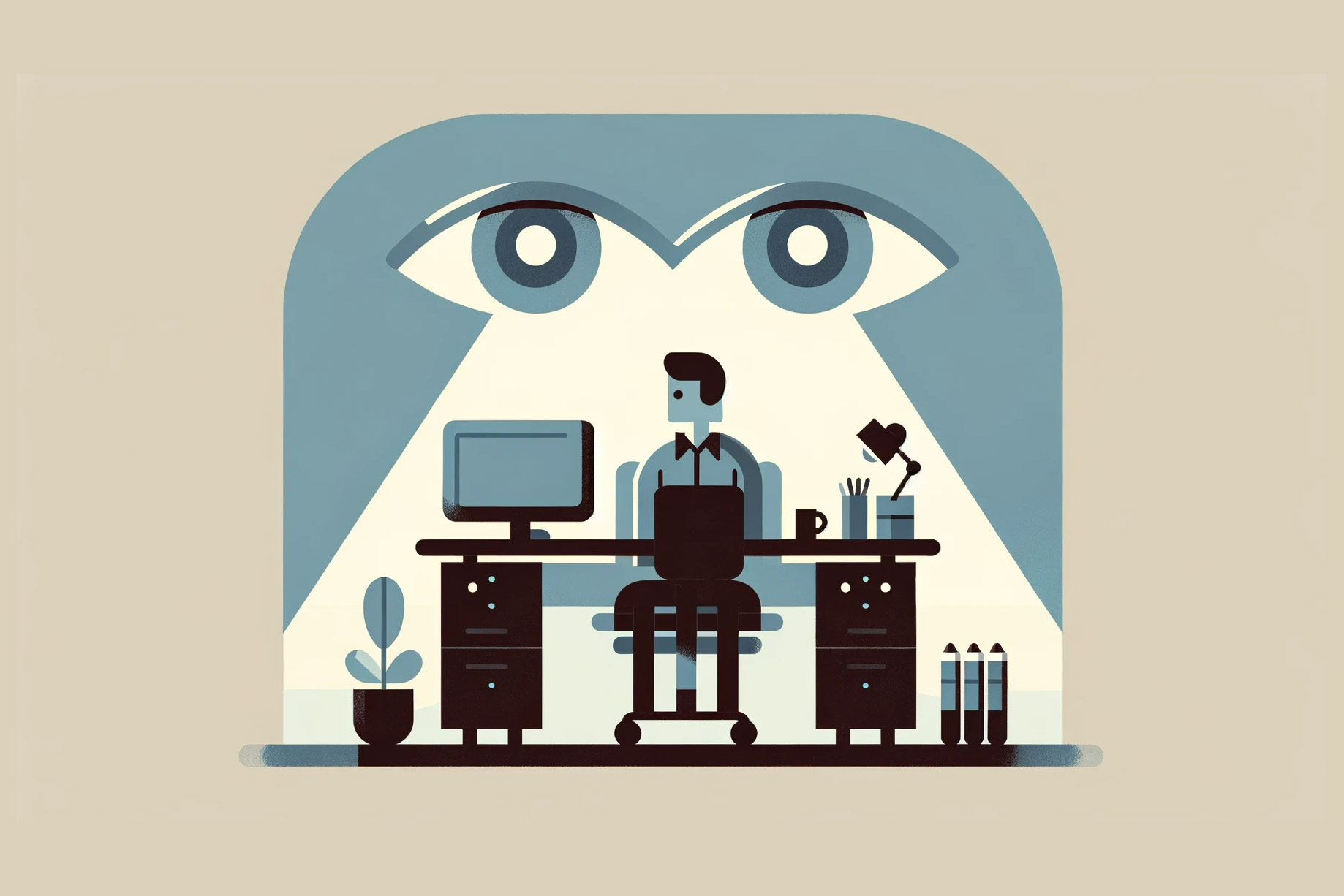In my contemplation of nudity and its societal perceptions, I’ve realized the need for a fundamental shift in our thinking. The human body, a marvel of nature, has been unjustly cloaked in layers of shame and taboo. My personal journey towards understanding this issue has led me to challenge the deeply rooted norms that dictate our views on nudity. It’s time, I believe, for us to break free from these archaic constraints and embrace nudity as a natural and unashamed part of our human experience.
From childhood, societal norms ingrained in me, as in many others, dictated that nudity is private and exposure is indecent. But as I expanded my horizon through various readings and conversations, my perspective shifted. I came to see that our discomfort with nudity is less about inherent immorality and more about cultural constructs. The human body, in all its diverse forms, is a thing of beauty, not of shame. Embracing this can dismantle harmful stereotypes and foster a healthier relationship with our bodies.
The Gendered Lens of Nudity – The Female Perspective
As I delve deeper into the discourse on nudity, I can’t help but notice the disproportionate impact societal norms have on women. In many cultures, especially in regions like the Middle East, the female body is often subject to intense scrutiny and control. Women’s bodies are not just their own; they are politicized, objectified, and shamed. This harsh reality has profound implications on women’s freedom, self-expression, and self-worth.
In my view, the way society polices and disgraces the female form is deeply troubling. Women, particularly in more conservative societies, are often forced to navigate a minefield of societal expectations, where any deviation from the norm can lead to severe consequences. The female body is paradoxically idolized and vilified, held to impossible standards of purity and modesty. This must change.

We need to champion a world where women can have autonomy over their bodies without fear of judgment or retribution. A world where the female form is respected and celebrated, not hidden away or shamed. As a society, we must work towards eradicating the double standards and oppressive norms that govern women’s bodies and move towards a future of equality and respect.
Envisioning a Future of Acceptance and Freedom
Imagining a future where nudity is normalized and accepted is a vision I hold dear. In this future, the human body is no longer a source of scandal but a natural aspect of our existence. This shift in perception would require changes in laws and societal attitudes, allowing individuals the choice to embrace nudity without fear of legal or social repercussions.
I envision public spaces where nudity is an option, not a controversy, and where the human body is demystified. In this world, nudity is separated from sexuality, fostering a healthier understanding of both. Such a society would not only tolerate but accept nudity as a natural expression of humanity.
A Call for Change in Societal Attitudes Toward Women’s Bodies
The way women’s bodies are perceived and treated in many societies, especially in the Middle East, is a matter of grave concern. The disgrace and control exerted over the female form represent a deep-seated inequality that permeates many cultures. As I reflect on this, my call for change becomes even more urgent.
We must actively challenge and change the narratives that shame and police women’s bodies. This change is not just about nudity; it’s about respect, autonomy, and equality. The conversation around nudity should encompass the broader issues of gender inequality and the right of women to have sovereignty over their own bodies.

In conclusion, my stance on nudity is a plea for liberation from outdated norms, a call for respect for individual choices, and an insistence on gender equality. By embracing nudity as a natural part of the human experience, we can pave the way for a more open, accepting, and equitable society.










